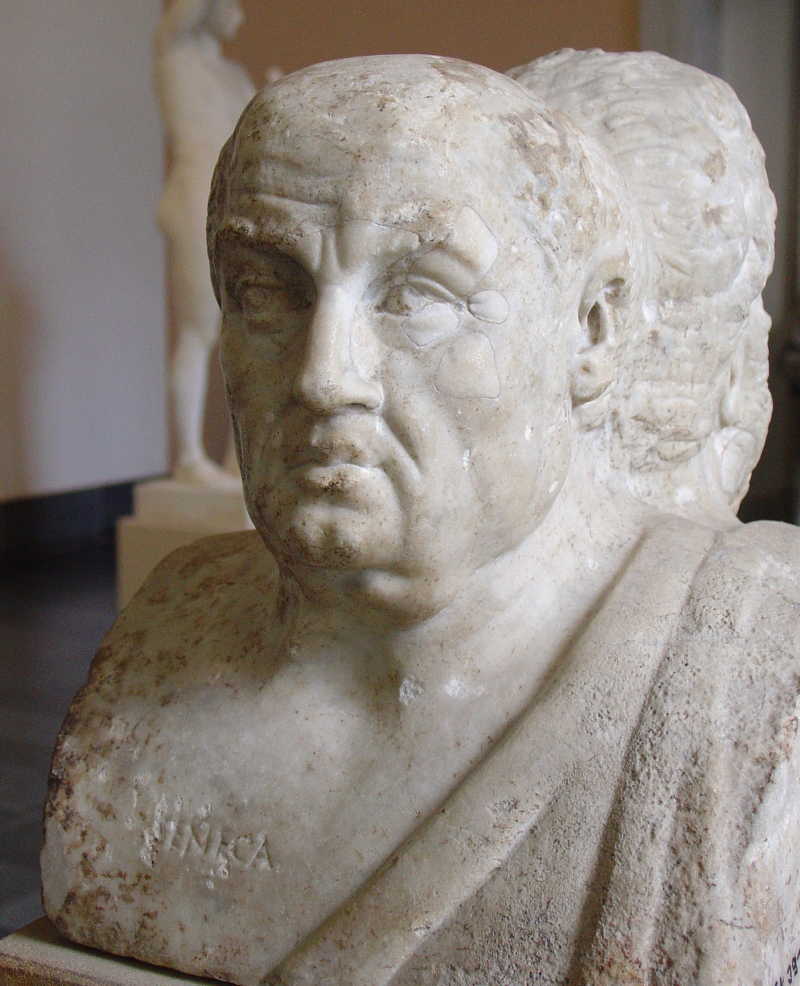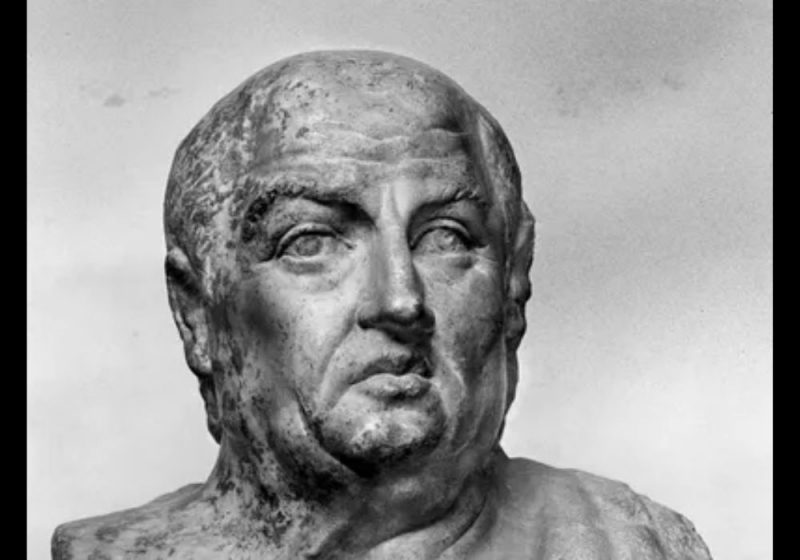Seneca the Younger

Politician and philosopher Lucius Annaeus Seneca the Younger was from ancient Rome. He suffered from illness for a large portion of his life, and the Emperors or the Senate attempted to have him executed three times. It took him three attempts before he succeeded in killing himself. Sadly, his disease was what kept him alive.
Seneca promoted the Stoic philosophical tradition throughout his lifetime. Despite having Greek roots, it was quite well-liked in Rome. Seneca did not take his advice seriously, in contrast to many other philosophers. He was one of the richest people in the world despite contending, like the Stoics, that poverty was neither evil nor something to be avoided. Seneca advocated for a private life above a public one, although he was also highly active in it. He insisted that we should live moral lives, but in Rome, he frequently found himself in the center of a scandal.
Having said that, Seneca did make strong cases for Stoicism. His study concentrated mostly on the ethics of the early Stoics, albeit they were also interested in logic, metaphysics, and epistemology to provide a comprehensive philosophical framework. Instead of making statements about the nature of reality, his arguments seem more like life tips.
He was vehemently opposed to the negative effects of rage and other emotions and thought that virtue and simplicity were the keys to a healthy existence. Even if his arguments weren't always sound, his persuasive approach was strong. He is so hailed as the emperor's instructor and a champion of Roman Stoicism.
Time: c. BCE 4 - 65 AD











